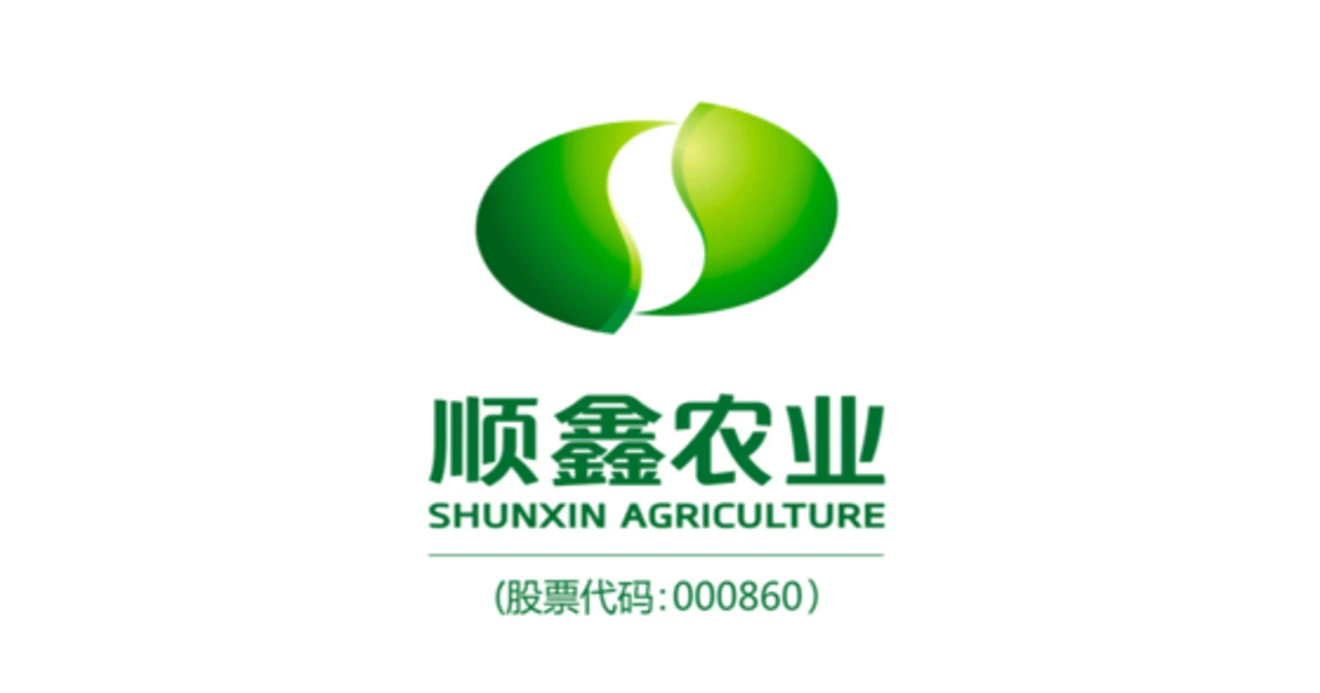Beijing Shunxin Agriculture Co Ltd
Key Information
HQ:
China
Market Cap:
$3.66bn
Primary Market:
Asia
Business Type:
Protein Producer
Company Information
Company Summary
Beijing Shunxin Agriculture is a Chinese company principally engaged in the production, processing and distribution of distilled liquor and meat (hogs). It integrates hog breeding, raising, slaughtering, meat processing and cold chain distribution. With a complete industrial chain of meat processing and an annual slaughter capacity of three million hogs, Shunxin has the largest single-factory slaughter volume in China.
Revenue
Total revenue:
$2.3bn
Revenue by Geography
Revenue by Protein
Revenue by Product Type
Active Projects

Coller FAIRR Protein Producer Index
Multiple themes
Disclosures
CDP ScoresLast Reviewed: 10/16/2024
| CDP Climate | CDP Forests | CDP Water |
|---|---|---|
| No | No | No |
Science Based Target initiativeLast Reviewed: 10/16/2024
| Target classification | Status | Date |
|---|---|---|
| Has not set SBT | - | - |